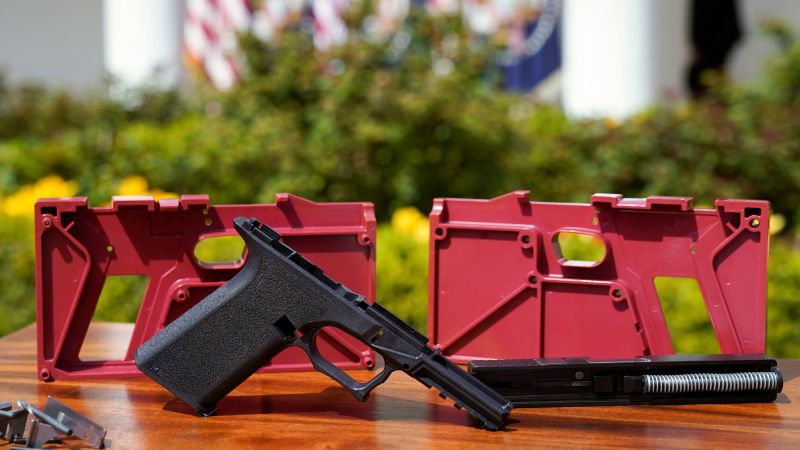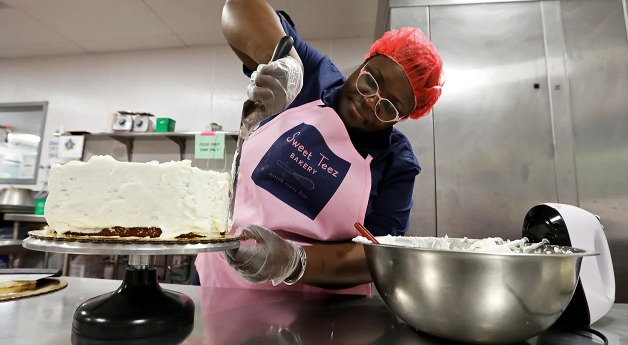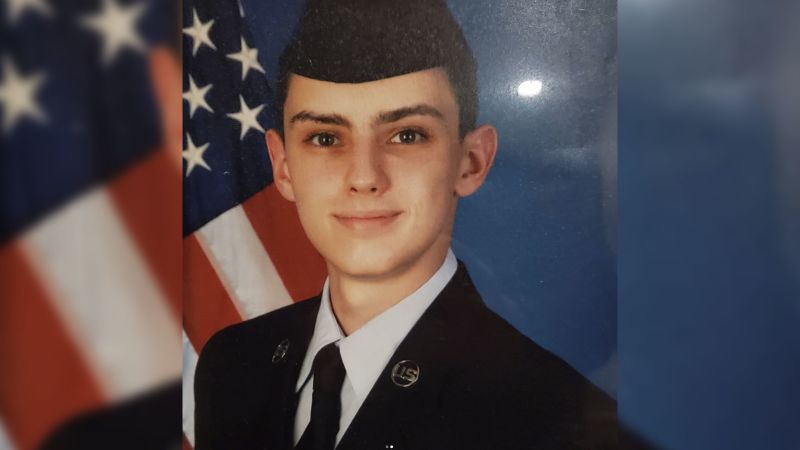Supreme Court Freezes Lower Court Order on Ghost Guns
The Supreme Court has made a significant decision regarding the regulation of ghost guns, untraceable homemade weapons. In a 5-4 vote, the court agreed to freeze a lower court order that barred the government from regulating these firearms under federal law. This ruling comes after the Biden administration requested that the regulations remain in effect while legal challenges are ongoing.
What are Ghost Guns?
Ghost guns are kits that can be purchased online and assembled into fully functional firearms. They lack serial numbers, bypass background checks, and leave no transfer records, making them attractive to individuals who are legally prohibited from buying firearms.
The Impact of the Supreme Court’s Decision
Chief Justice John Roberts and conservative Justice Amy Coney Barrett joined with the court’s three liberals to allow the rule to take effect. However, Justices Clarence Thomas, Samuel Alito, Neil Gorsuch, and Brett Kavanaugh would have denied the application.
The Bureau of Alcohol, Tobacco, Firearms and Explosives updated its regulations in 2022 to classify ghost gun kits as firearms under the law, enabling better tracking by the government. The recent Supreme Court ruling does not prohibit the sale or possession of ghost gun kits but requires compliance with federal laws that impose conditions on their commercial sale. These conditions include marking products with serial numbers and keeping records for law enforcement to trace firearms used in crimes.
The Legal Battle
The challenge to the ATF regulations was brought by two Texas residents who intended to manufacture ghost guns for personal use. The rule prevents them from directly purchasing additional parts. Several retailers of ghost gun kits and a gun rights group also challenged the rule. Lawyers for the challengers argued that the ATF had exceeded its authority by extending the definitions of firearms to include ghost gun components.
The Role of Congress and the Judiciary
The Gun Control Act of 1968 reflects Congress’ policy choice to regulate the commercial market for firearms while allowing law-abiding citizens to make firearms for personal use without excessive federal regulation. However, Judge Reed O’Connor noted that Congress’ definition of a firearm does not cover parts or aggregations of weapon parts, regardless of their potential to be assembled into a functioning firearm. O’Connor emphasized that it is not the role of the judiciary to correct any potential loopholes in the law.
Stay Updated
This story has been updated with additional details. Keep following for further developments on the regulation of ghost guns.
Supreme Court’s Surprising Move: Federal Ghost Gun Restrictions Revived with Unexpected Support
In a surprising turn of events, the United States Supreme Court has revived federal ghost gun restrictions, receiving unexpected support from both sides of the political spectrum. Ghost guns, also known as homemade firearms, are untraceable weapons that can be assembled from parts purchased online or at gun shows, without the need for a background check or serial number. This controversial issue has long been a subject of debate, with proponents arguing for stricter regulations to curb gun violence, while opponents emphasize the importance of individual rights and the Second Amendment.
The Supreme Court’s decision to revive federal ghost gun restrictions comes as a response to the increasing prevalence of these untraceable firearms in criminal activities. Law enforcement agencies across the country have reported a surge in the use of ghost guns in violent crimes, including homicides and armed robberies. The ability to acquire firearms without undergoing a background check or leaving a paper trail has made these weapons attractive to individuals with criminal intent.
The unexpected support for the revival of ghost gun restrictions has come from both conservative and liberal justices, highlighting the gravity of the issue. Conservative justices, traditionally known for their strict interpretation of the Second Amendment, have recognized the need to address the potential dangers posed by untraceable firearms. They argue that the right to bear arms should not extend to weapons that can easily fall into the wrong hands and be used for criminal purposes.
On the other hand, liberal justices have long advocated for stricter gun control measures, and the revival of ghost gun restrictions aligns with their stance. They argue that unregulated access to firearms undermines public safety and contributes to the alarming rates of gun violence in the country. By supporting the regulation of ghost guns, liberal justices aim to strike a balance between individual rights and the collective responsibility to protect citizens from harm.
The Supreme Court’s decision has sparked a renewed debate on the Second Amendment and the limits of gun ownership. Advocacy groups on both sides of the issue have voiced their opinions, with gun control organizations applauding the move as a step towards reducing gun violence, while gun rights groups express concerns about potential infringements on individual liberties.
The revival of federal ghost gun restrictions also raises questions about the role of Congress in addressing this issue. While the Supreme Court’s decision is a significant development, it is ultimately up to lawmakers to pass comprehensive legislation that effectively regulates the sale and possession of ghost guns. This decision serves as a reminder to Congress of the urgent need to act and find common ground on gun control measures.
In conclusion, the Supreme Court’s surprising move to revive federal ghost gun restrictions with unexpected support from both sides of the political spectrum marks a significant step towards addressing the growing concerns surrounding untraceable firearms. The decision reflects a recognition of the potential dangers posed by these weapons and the need to strike a balance between individual rights and public safety. As the debate continues, it is crucial for lawmakers to seize this opportunity and enact comprehensive legislation that effectively regulates ghost guns, ensuring the safety and security of all citizens.









